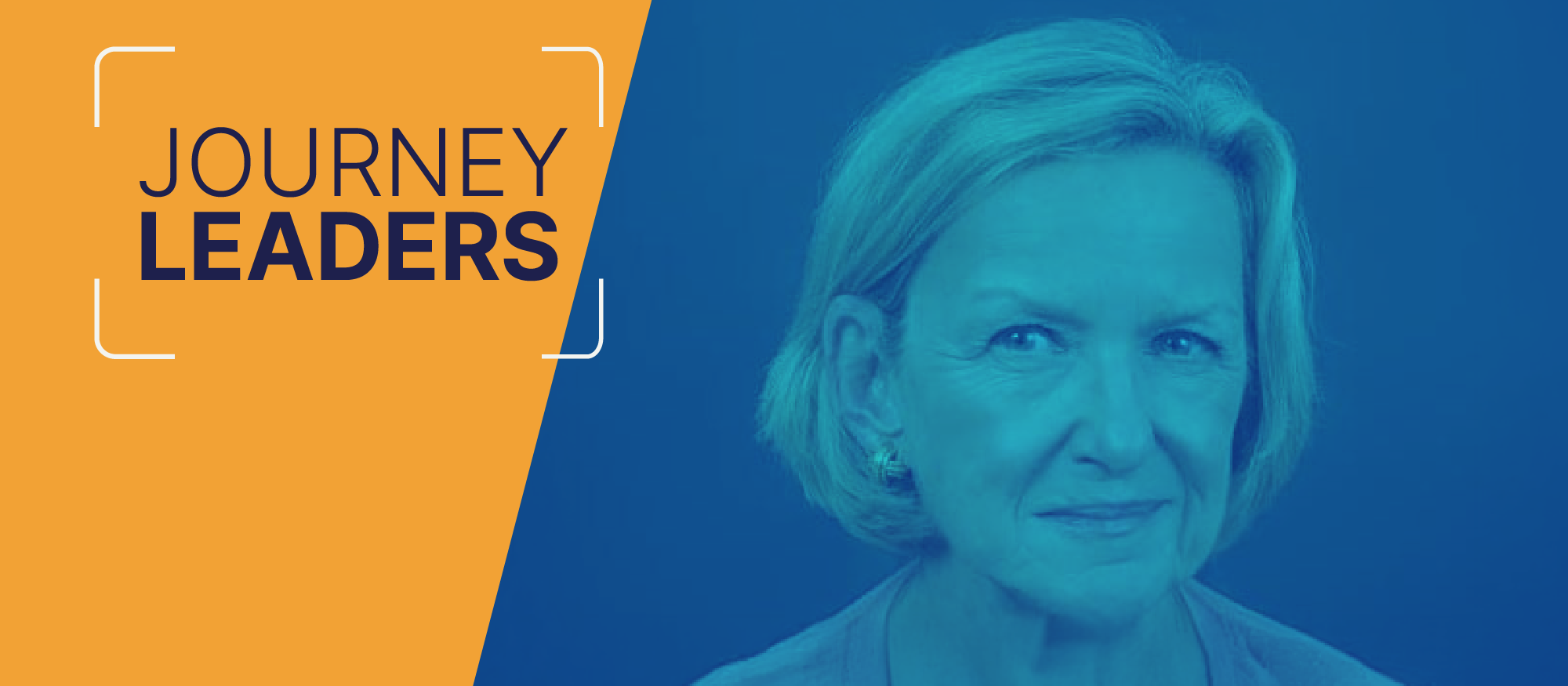Improving Economic Mobility for Adult Learners is a joint initiative by Achieving the Dream (ATD) and Jobs for the Future (JFF) to expand upon and enhance current policies and practices designed and implemented by states and institutions to improve outcomes for adult learners (age 21+) who have not yet attained a postsecondary credential or are looking to earn additional credentials to advance their careers. The project is funded by Ascendium Education Group, The Frederick A. DeLuca Foundation, and ECMC Foundation.
With a special focus on learners that have been most marginalized by existing systems — adults experiencing economic hardship and Black, Latinx, and Indigenous populations — this initiative provides holistic supports to teams in three states composed of state higher education leaders and institutional leaders from three community colleges within each state. These supports include research and evaluation, coaching for colleges and state organizations, peer learning events, and funding to design and implement changes that build additional capacity for broad, sustained, transformative change that increases social mobility outcomes for adult students.
The initiative supports stakeholders at the state levels in Michigan, New Jersey, and Virginia and three colleges within each of those states to tackle some of the common challenges that hinder adult learners from enrolling in or completing postsecondary credentials that have labor market value. This intentional combination of colleges and state organizations ensures supportive alignment and prioritization of policy and practice changes in areas including the redesign of advising and support services as well as program acceleration methods, such as credit for prior learning, to expand enrollment and completion of pathways to mobility.
Why it Matters
Community colleges play a pivotal role in fostering inclusive education and empowering individuals to thrive in their careers. Redesigning policies and practices around credit for prior learning and career advising is not just a necessity but a transformative step towards maximizing opportunities for students. By recognizing prior learning experiences, colleges are acknowledging the diverse pathways individuals take to acquire knowledge and skills. This not only enhances accessibility but also accelerates progress towards degree completion, saving students time and money. Pairing these opportunities with quality career advising as they enter, or reenter, college ensures that students are equipped with the guidance and resources needed to make informed decisions about their future, aligning their educational pursuits with local labor market opportunity and their own goals. Ultimately, by embracing these changes, states and colleges can better serve their adult learners and contribute to the economic vibrancy of their communities.
Key Goals
- To improve the adult learner experience by providing intentional career advising that incorporates labor market data and reviewing prior learning experiences early in the student journey
- To make measurable progress on at least two policy or practice changes at state and institutional levels
- To tailor strategies to enhance support for adults most marginalized by existing systems: adults experiencing economic hardship and Black, Latinx, and Indigenous population

